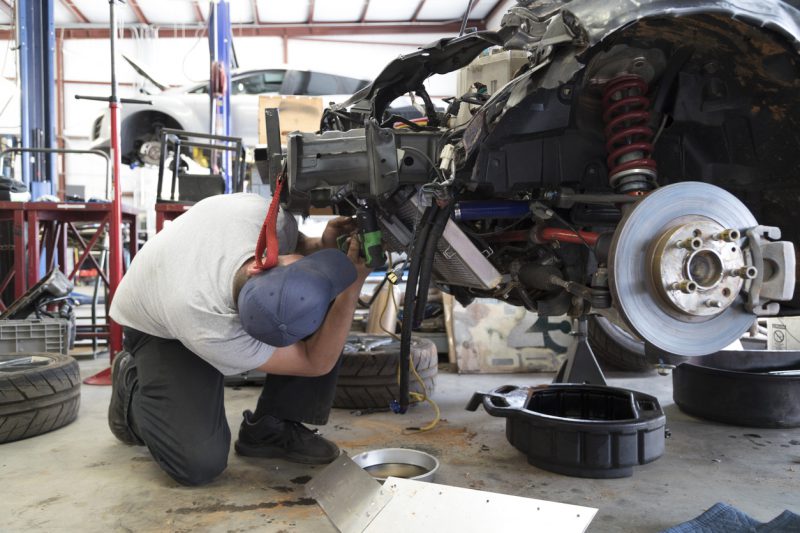
Buy a cloned car in good faith and it is likely to be impounded by the police, and you’ll have nothing to show for your money
Most people will be familiar with identity theft. Criminals gain valuable sensitive information about an individual in order to impersonate them and take out loans or credit in their name. But how many drivers have heard of cloned cars? And even if the expression is familiar, how do you tell a fake, cloned car from a genuine model?
A cloned car is a model that has been stolen then given a new identity. This is generally by replacing its number plates with those from a car that’s the same make, model, colour and even age. It means that the car won’t register as dodgy in basic ID checks such as those from police Automatic Number Plate Recognition cameras.
It’s a problem that more drivers need to be aware of. Last week, eBay hit the headlines after it was revealed that organised criminals in Manchester had been using the popular car buying site to sell stolen cars as legitimate vehicles.
It means that when drivers fail to conduct full and thorough checks of a used car, they can end up handing over a small fortune for a car that will be taken off their hands by the police, leaving them with no car and no money. Meanwhile, the crooks vanish into thin air.
One victim, a retired police officer, lost £17,000 buying a Mercedes. Another paid more than £18,000 for a BMW that turned out to be stolen and was soon returned to its rightful owner by police, leaving him penniless.
These are the steps every used car buyer should take to protect themselves from buying a cloned car.
Continue reading →


